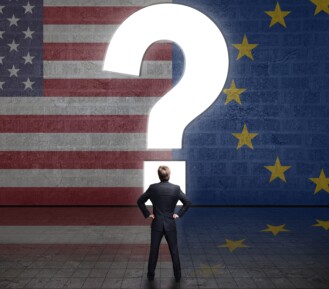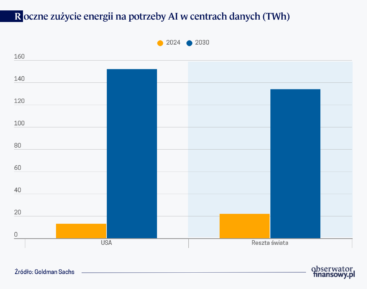German automotive industry at a crossroads
Kategoria: Business
After the extremely strong German second quarter growth number, and the weaker American one, Germany seems to have become the great role model in terms of achieving growth. This is kind of strange since a lot of countries both in Europe and elsewhere have had stronger growth (It would be more understandable to view it as a role model in holding down full time unemployment, but that has little to do with growth and more to do with its work sharing scheme).
Now Dean Baker tries to attribute the strong performance on increase in government purchases (which is not entirely synonymous with government spending since it excludes transfer payments). Baker says that since 2008, government purchases has increased more in Germany than in the United States, something which he claims disproves David Brooks suggestion that government spending increases don’t boost overall growth.
But if you study the data more carefully, you can see that Brooks’s argument is actually more consistent with the data than the Keynesian argument advanced by Baker and others.
First of all, it should be remembered that the German slump was actually somewhat deeper than the American one. Between the first quarter of 2008 and the second quarter of 2009, GDP fell by 3.9% in the U.S. and by 4.4% in Germany*. Then in the three following quarters, U.S. growth was higher, 2.6% versus just 1.5% in Germany. Thus between the first quarter of 2008 and the first quarter of 2009, GDP fell by 1.3% in the U.S. compared to 2.9% in Germany.
How did government purchases develop in the two countries between Q1 2008 and Q1 2010 then? It rose by 2.8% in the U.S. and by 6.6% in Germany. Thus it is true that during the period when growth was weaker in Germany, German government spending rose more.
But what about Q2 2010 when German GDP rose by 2.2% while U.S. GDP rose by just 0.4% compared to the previous quarter? Well, during that period real government purchases rose by just 0.5% in Germany and by 1.1% in the U.S.
Thus, during the period German government purchases grew more, its GDP was weaker, while during the period German government purchases grew less, its GDP was much stronger. Meaning that the actual correlation between government purchases and GDP has actually been negative, not positive as Baker and other Keynesians claim.
BTW, Krugman again invoke Hoover in this debate as an alleged example of a budget cutter, despite the fact that real government purchases actually rose by 11.0% between 1929 and 1932, with federal government purchases alone growing 18.1% between 1929 and 1932.
*=Note that the German recession ended a quarter earlier so to make the numbers comparable I have included that first recovery quarter in the „recession”-period.


